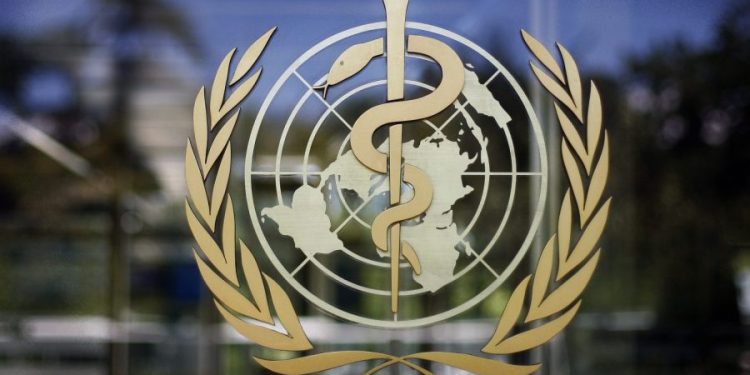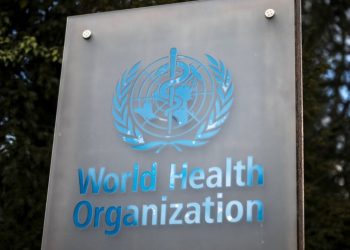Trump administration officials on Friday rejected a series of rules to help the international community prevent and respond to public health risks.
Health and Human Services (HHS) Secretary Robert F. Kennedy Jr and Secretary of State Marco Rubio issued a joint statement formally rejecting the 2024 International Health Regulations Amendments (IHR) by the World Health Organization (WHO).
“The proposed amendments to the International Health Regulations open the door to the kind of narrative management, propaganda, and censorship that we saw during the COVID pandemic,” Kennedy said in a video message posted on social platform X.
“The United States can cooperate with other nations without jeopardizing our civil liberties, without undermining our Constitution, and without ceding away America’s treasured sovereignty,” he added.
The IHR is an international legal agreement that has been adopted by all 194 WHO member states and includes an outline to “rights and responsibilities” of the organization and governments in handling global health emergencies like pandemics.
Member states decided to review and potentially amend the IHR in 2022 in light of the challenges that arose among the international community in responding to the COVID-19 pandemic, according to health nonprofit KFF.
The WHO formally approved a of number revisions to the IHR last year, but they did not come to a consensus on a pandemic agreement until earlier this year.
Kennedy said in the video message that WHO member states have until next to reject the amendments. He added that the U.S. is choosing to reject the amended regulations, in part, for reasons related to “national sovereignty.”
“Nations who accept the new regulations are signing over their power in health emergencies to an unelected, international organization that could order lockdowns, travel restrictions or any other measures it sees fit,” the HHS chief said. “If we are going to give the WHO that much power we should at least invite a thorough public debate.”
He noted that the U.S.’s decision to reject the amendments was sparked by concerns over a regulation regarding “risk communications” systems.
The amended requirements, Kennedy continued, require countries to establish systems of risk communication that he believes opens the door to “narrative management, propaganda and censorship” that the world saw during the COVID-19 pandemic.
“We don’t want to see that kind of system institutionalized even further,” he said.
There is also concern over a provision in the amendments related “global systems of health IDs and vaccine passports” which Kennedy thinks will pave the way for global medical surveillance.
The move is the latest in the Trump administration’s efforts to try and distance the U.S. from the WHO.
In January, President Trump issued an executive order withdrawing the U.S. from the organization and stated the country would pause the future transfer of funding.
The president tried to withdraw the country from the international organization during his first term. The withdrawal never happened — it takes a year for a member state to fully withdraw from the WHO — and former President Biden reversed the decision once he took office.
Public health experts decried Trump’s move, warning that it would severely weaken domestic and global public health.
The U.S. was a founding member of the WHO in 1948 and is the largest financial donor of the organization.















